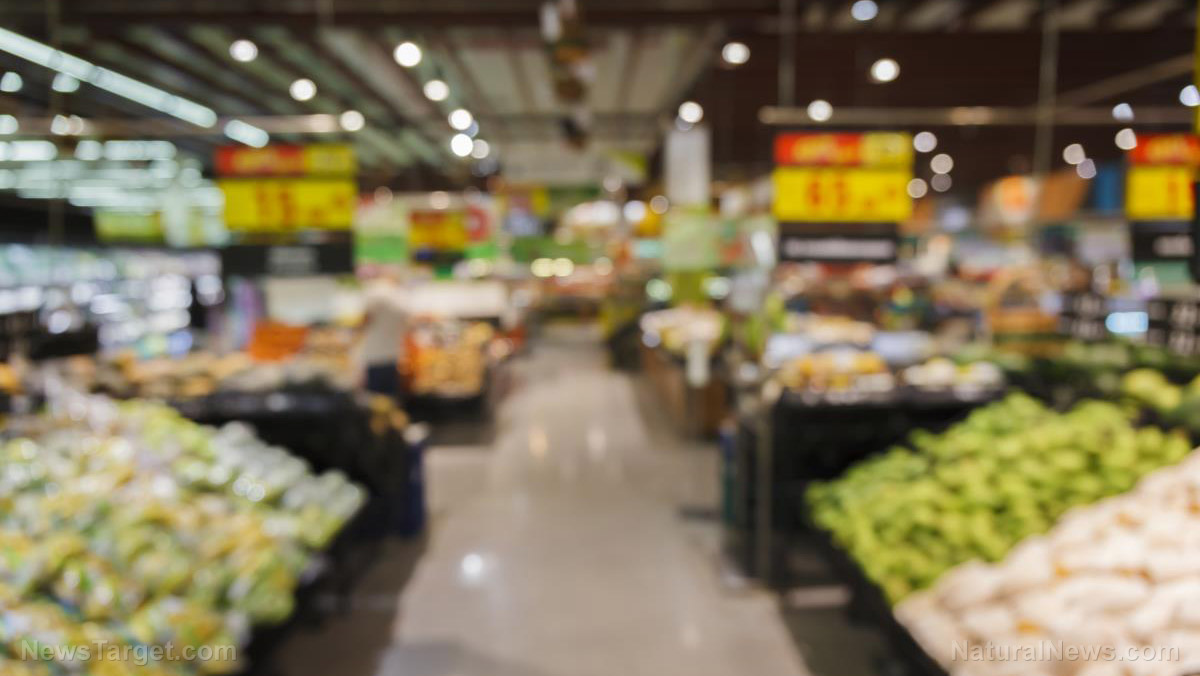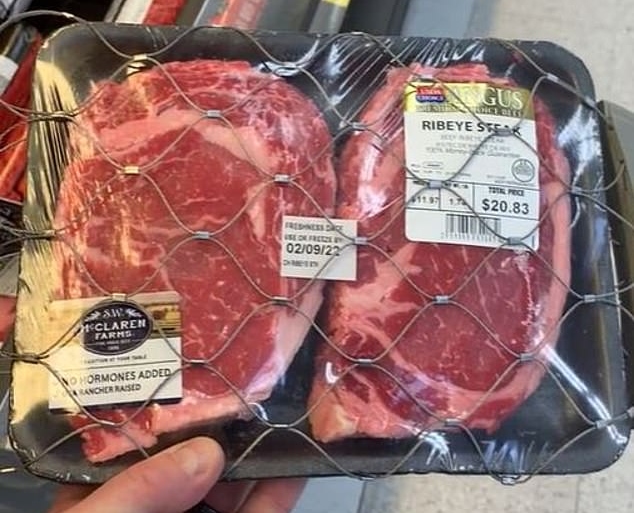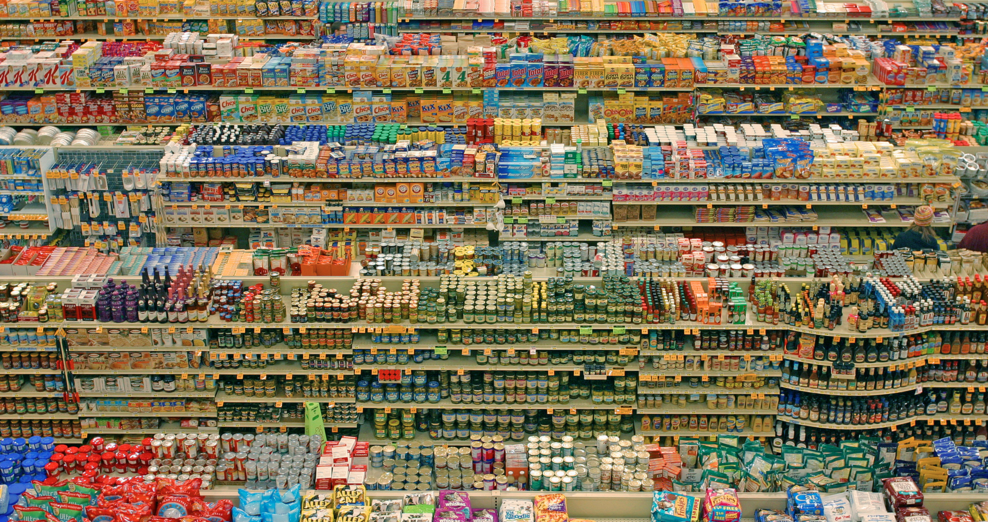Keeping your groceries clean: Food safety watchdogs suggest color coding reusable bags to minimize contamination
10/12/2017 / By Michelle Simmons

The Food Standards Agency (FSA) in the United Kingdom suggests shoppers use differently colored reusable bags in carrying their raw food products to prevent food poisoning.
“Ideally, you should have enough bags to carry raw foods, ready-to-eat foods, and non-food items such as washing powder separately,” the FSA recommends. Keep enough ‘bags for life’ for raw foods only and don’t use the same bags again for ready-to-eat foods or for carrying other household items.”
There are different types and sizes of reusable bags that you can choose from. Washing reusable grocery bags regularly is highly advised by the FSA to kill any harmful bacteria that can be hiding inside. “If [the bag] doesn’t have a label, you could either color code the bags or mark on the bags to help you keep raw items separate,” says the FSA.
The FSA also advises the use of freezer bags in the summer to help keep perishable items at a cooler temperature for longer. Another tip by the agency is to always check the bags for any spillages or leak, such as raw meat juices or soil, after every use. Should there be leaks or damages, they should be used for another purpose or replaced.
Raw foods such as raw meat, raw fish and shellfish, loose vegetables with soil on, and eggs can contain germs or have germs on their surface which can cause food poisoning. The outside packaging of raw meat is also prone to contamination with harmful bugs that can easily spread onto other foods. (Related: Reusable grocery bags are all contaminated with bacteria.)
“Even if there are no obvious spillages or staining after several uses, we would recommend that cotton/fabric bags for life be machine washed regularly if they have been used for carrying raw items,” the FSA writes in their website.
One of the bugs that the bags could carry is the bacteria known as Campylobacter, which is one of the four major causes of diarrheal diseases in the world. According to the World Health Organization (WHO), it is considered to be the most common bacterial cause of human gastroenteritis globally. Other deadly bugs include salmonella and E.coli, which can also be found in chicken.
The 5 British pounds for disposable plastic bag charge
Since Oct. 5, 2015, the United Kingdom started requiring large shops, from supermarkets to high street and out-of-town shops, to charge 5 British pounds for every single-use plastic carrier bag. The income derived from extra payment is non-taxable will go to charities of the business establishment’s choice. Large businesses are also required to record how many plastic bags they have given out and where the proceeds have gone, and then report it to the government on May 31st of every year.
More than 7.6 billion disposable plastic bags were used by customers in major supermarkets in England, which is equivalent to almost 140 bags each person. These bags take longer than other bags to break down; this presents dangers to the environment, because a bag that can’t be broken down can add up to the junk that accumulates in the cities and landfills.
Small shops are not required to charge 5 British pounds for the use of plastic bags, but may do so voluntarily. Shops will not charge you if you are using a paper bag, if you are in transit, or if your bag only contains particular items, such as unwrapped food, raw meat and fish, prescription medicines, uncovered blades, seeds, bulbs and flowers, or live fish, even if your bag is of the plastic kind.
Ever since the scheme was introduced, plastic bag usage has gone down by over 80 percent in the U.K. Moreover, the scheme expects to contribute 780 million British pounds to the economy, up to 730 million British pounds for good causes, 60 million British pounds savings in litter clean-up costs, and 13 million British pounds in carbon savings.
Read more news stories like this at HealthFreedom.news.
Sources include:
Submit a correction >>
Tagged Under:
food contamination, food safety, grocery bags, grocery secrets, health, plastic bag use, reusable bags
This article may contain statements that reflect the opinion of the author
RECENT NEWS & ARTICLES
COPYRIGHT © 2017 TOP 10 GROCERY SECRETS





















